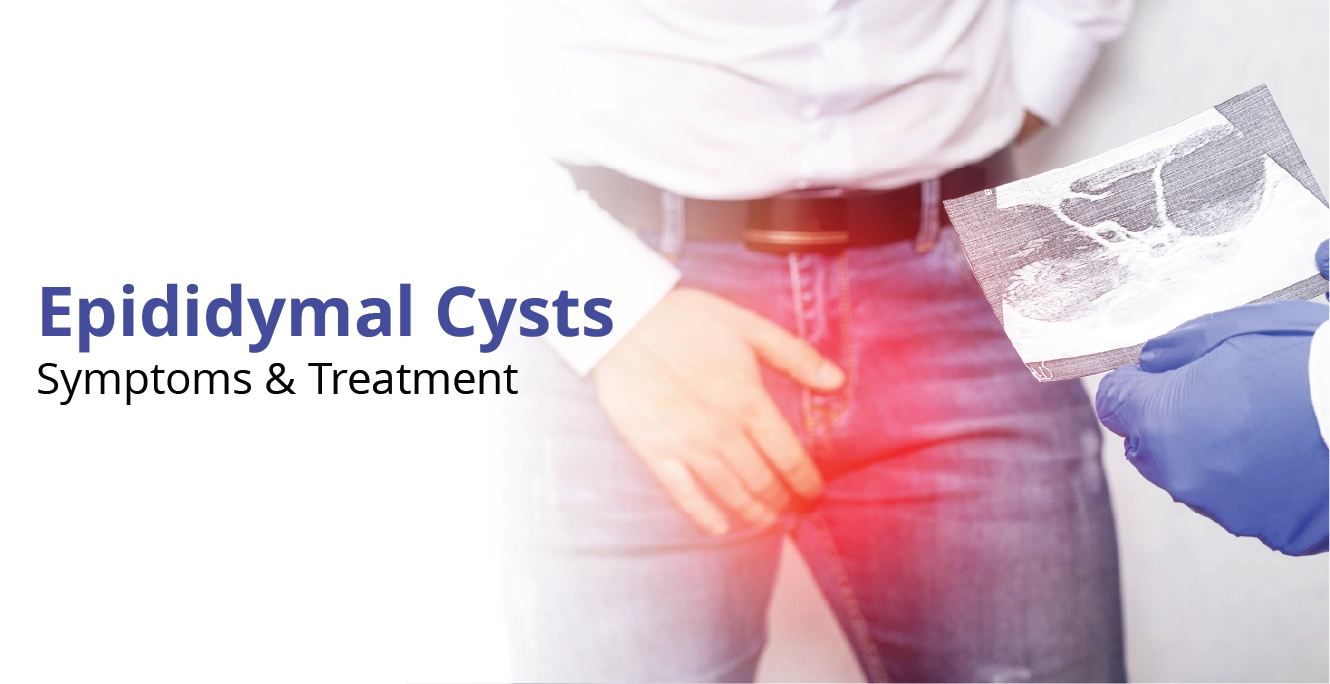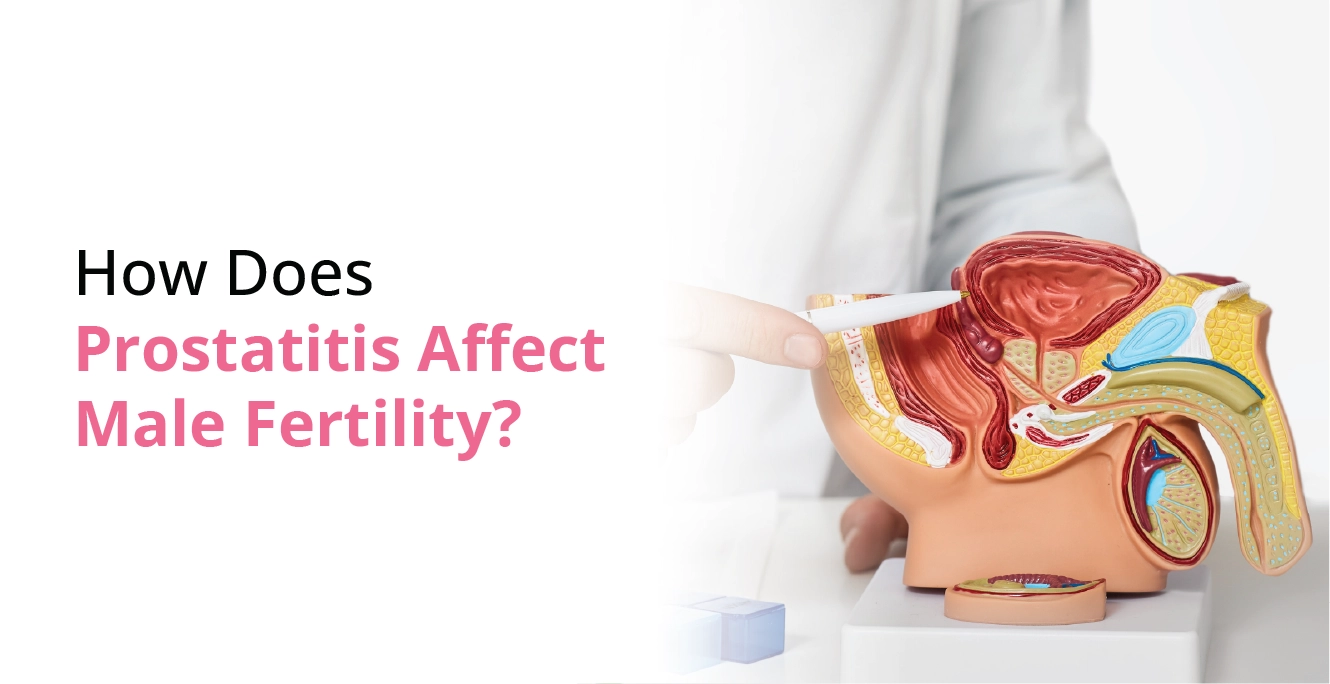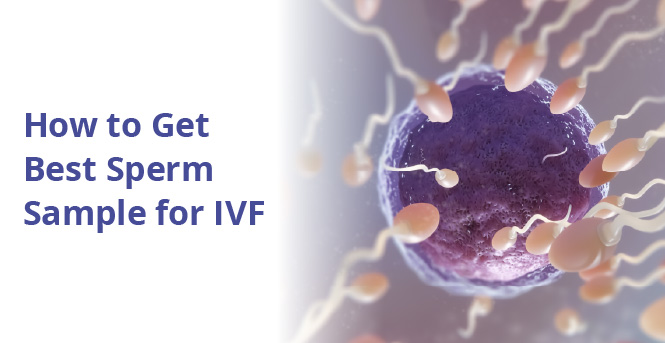
Testicular Atrophy: Everything You Need to Know

Table of Contents
- What is Testicular Atrophy?
- Causes of Testicular Atrophy
- How Testicular Atrophy Affects Fertility?
- Diagnosis of Testicular Atrophy
- Treatment of Testicular Atrophy
- Is Testicular Atrophy Reversible?
- When to See a Doctor?
- What are the Normal Testis Sizes?
- How Does Testicle Size Affect Sperm Production?
- The Role of TRT (Testosterone Replacement Therapy) in Testicular Atrophy
- Word From an Expert:
- FAQs
Though not talked about much, testicular atrophy is a real problem that many men face and which is often ignored. It is the shrinking of one or both testicles that might sound alarming, but it is more common than you think. Whether it is due to hormones, infections, or lifestyle habits, knowing the signs and getting timely help can make a big difference.
Let’s walk through the details of testicular atrophy and know why it happens, its diagnosis, and the treatment options you have.
What is Testicular Atrophy?
Testicles are responsible for producing sperm and male sex hormones such as testosterone. Testicular atrophy is a medical condition, causes a reduction in the size of one or both testicles due to testicular tissue loss.
This leads to their reduced ability of sperm and testosterone production which leads to fertility challenges along with hormonal imbalances in men.
Depending on its cause, this condition may emerge slowly or unexpectedly. It usually develops because of testicular trauma, infections, hormonal disorders, ageing, etc. It can result in permanent damage when proper treatment is not provided, especially when atrophy is irreversible.
Causes of Testicular Atrophy
Testicular atrophy can result from various factors.
Hormonal Imbalances
Testosterone plays an important role in maintaining the size and function of the testicles. When the level of this hormone drops due to certain conditions such as hypogonadism, testis atrophy can occur. Moreover, long-term use of testosterone replacement therapy (TRT) may signal the brain to reduce natural hormone production, which further shrinks the testicles.
Infections
Infections such as mumps orchitis can cause testicular inflammation, damaging the tissue and leading to shrinkage. Sexually transmitted infections (STIs) like chlamydia or gonorrhoea may also inflame the epididymis or testis, disrupting sperm production and hormonal activity.
Testicular Torsion
Testicular torsion occurs when the spermatic cord twists, cutting off blood flow to the testicle. Without timely intervention, this can lead to tissue death and irreversible atrophy within hours.
Varicocele
A varicocele is a cluster of enlarged veins in the scrotum that can raise testicular temperature. The increased heat may impair sperm production and cause testicular shrinkage over time if left untreated.
Chronic Medical Conditions
Systemic conditions like diabetes, liver cirrhosis, and kidney disease can disturb hormonal balance and blood supply to the testicles. These long-term illnesses can indirectly affect the testes’ function, leading to gradual atrophy.
Substance Abuse
Excessive alcohol intake, use of anabolic steroids, or recreational drugs can interfere with testosterone production. These substances disrupt the hormonal axis and may lead to soft testicles or noticeable testicle shrinking over time.
Ageing
With increasing age, testosterone levels naturally decline in men, reducing testicular size and function. Age-related changes may not cause immediate symptoms but can gradually lead to atrophic testicles and reduced sperm quality.
How Testicular Atrophy Affects Fertility?
Testicular atrophy directly impacts fertility by reducing sperm production. The testicles play a crucial role in sperm development, and when they shrink, sperm count and quality may decline. Common fertility-related effects include:
- Lower Sperm Count: Reduced testicular function leads to fewer sperm being produced.
- Poor Sperm Motility: Weakened testicles may generate sperm with reduced movement, making fertilisation difficult.
- Abnormal Sperm Morphology: Testicular atrophy can result in sperm with structural abnormalities, decreasing the chances of successful conception.
- Hormonal Imbalances: Low testosterone levels can affect libido, erectile function, and sperm production.
If left untreated, testicular atrophy can significantly reduce a man’s ability to conceive naturally.
Diagnosis of Testicular Atrophy
Here is how the diagnosis of testicular atrophy is done:
Anamnesis: Anamnesis, also known as patient history, is the process of asking the patient broad questions about the condition. Here, the patient is questioned about a variety of topics that could lead to testicular suppuration, including past medical conditions, operations, trauma history, drug use, sexually transmitted or urinary tract infections, and childhood mumps.
Examination: Both standing and lying down are used to examine the patient’s genitalia. Age is considered when evaluating the size, consistency, and presence of a varicocele in both testicles. Additionally, testicular development and the normality of pubic hair growth are assessed.
Skrotal hypoplasia: During the examination, it is observed that the scrotum on the side of the atrophic testis is still small and underdeveloped.
Examination of the general body: Secondary sex traits unique to men are assessed, including facial hair growth (beards and moustaches) and the development of general body muscles.
Laboratory tests: Serum testosterone levels are the most crucial test for diagnosing atrophic testicles. Serum testosterone levels are observed to be low when testicular functioning is inadequate. If the other testis is normal, the testosterone level in an atrophic testis is normal.
Radiological evaluation: One crucial diagnostic technique for assessing testicular size is scrotal ultrasonography (scrotal USG). Ultrasound is used to assess the size of both testicles.
Treatment of Testicular Atrophy
The treatment approach depends on the underlying cause:
- Changes in lifestyle: Drinking too much alcohol damages the testicles. Testicular atrophy can be avoided in these patients by cutting back on or quitting drinking.
- Orchiectomy, or surgical removal of the atrophic testis: This procedure is necessary if there is severe testicular atrophy and no function. since the risk of cancer is considerable in these patients. A testicular prosthesis is a highly helpful tool for providing psychological relief to patients after the testicle is removed. For these individuals, we affix testicular prostheses. By making the scrotum appear normal, the prosthesis soothes the patient.
- Hormone replacement therapy: Treatment is necessary if the patient has low testosterone levels as a result of testicular atrophy. For these patients, we initiate testosterone therapy. Lifelong testosterone treatment is recommended. because the testicles cannot produce this hormone, which must be supplemented. The term “testosterone replacement therapy,” or TRT (replacement of reverse testosterone therapy), is used to describe this kind of treatment. There are various approaches to this. Patients receiving long-term testosterone injections receive exogenous testosterone every few months.
Early treatment increases the likelihood of regaining normal testicular function.
Is Testicular Atrophy Reversible?
The reversibility of testicular atrophy depends on its cause and severity.
- Reversible Cases: If atrophy is due to hormonal imbalances, infections, or medication use, timely intervention can restore normal testicle size and function.
- Irreversible Cases: Severe damage from untreated torsion, long-term steroid abuse, or chronic illnesses may lead to permanent shrinkage and male infertility.
A medical evaluation is essential to determine the best course of action for possible recovery.
When to See a Doctor?
Seek medical attention if you experience:
- Noticeable shrinkage of one or both testicles.
- Persistent pain or discomfort in the scrotum.
- Decreased libido or erectile dysfunction.
- Fertility concerns, such as difficulty conceiving.
Timely intervention can help prevent complications and improve testicular function.
What are the Normal Testis Sizes?
Adult males: Average testis length is about 4–5 cm, width 2.5 cm, with a volume of 15–25 mL per testis
Adolescents (post-puberty): Testicular volume typically ranges from 12–20 mL
Pre-pubertal boys: Testes are smaller, usually <4 mL in volume
Mild size variation: A slight difference between the two testes is normal
Clinical note: Testes significantly smaller than normal may indicate hormonal or developmental issues
How Does Testicle Size Affect Sperm Production?
The size of the testicles correlates significantly with sperm production. Larger testes usually have more seminiferous tubules where sperm cells develop. Sperm count and quality can decline with the shrinkage of the testicles, causing infertility issues. A smaller testicular volume may indicate reduced sperm-producing capacity, making conditions like testicular atrophy a significant concern for men trying to conceive.
The Role of TRT (Testosterone Replacement Therapy) in Testicular Atrophy
The administration of TRT restores testosterone levels in men who have hypogonadism. The longer or improper application of this treatment can shrink the testicles. This is because external testosterone reduces the body’s natural tendency to produce this hormone. This can lead to testicular atrophy.
Human chorionic gonadotropin (hCG) and alternative medications can be prescribed by your doctor to preserve testicular function, together with testosterone replacement therapy. Patients need regular medical checks in order to prevent long-term complications.
Word From an Expert:
Having testicular atrophy does not mean that you have to keep worrying about it. Many causes of testicular atrophy are treatable; all you need to do is stop ignoring it and take the right treatment. Your first step towards diagnosis can make a difference.
If you have been experiencing symptoms like soft testicles or reduced libido, do not hesitate to consult our leading fertility specialists at Birla Fertility & IVF. You should not ignore your reproductive wellness. The sooner you act, the better the chance of managing and possibly reversing this condition~ Dr. Jyotsna Pundir
FAQs
Can men with atrophic testicles still have children?
Yes, there are men who are suffering from atrophic testicles, and they can still have children. It is especially true for at least one testis that is functioning and producing sperm. Fertility depends on the underlying cause, sperm count, and timely medical or assisted reproductive treatment.
Can testicular atrophy cause erectile dysfunction?
There is no direct effect of testicular atrophy that causes erectile dysfunction, but it can contribute to it in case the condition leads to low testosterone levels. It is because low testosterone can affect libido, energy, and erections, depending on the cause and severity.
Does an atrophic testis need to be surgically removed?
No, an atrophic testis does not always need to be surgically removed. Surgery is usually considered only if it causes pain, recurrent infections, hormonal issues, or there is a concern about malignancy; otherwise, regular monitoring is sufficient.
Our Fertility Specialists
Related Blogs
To know more
Birla Fertility & IVF aims at transforming the future of fertility globally, through outstanding clinical outcomes, research, innovation and compassionate care.
Had an IVF Failure?
Talk to our fertility experts

 Our Centers
Our Centers





















